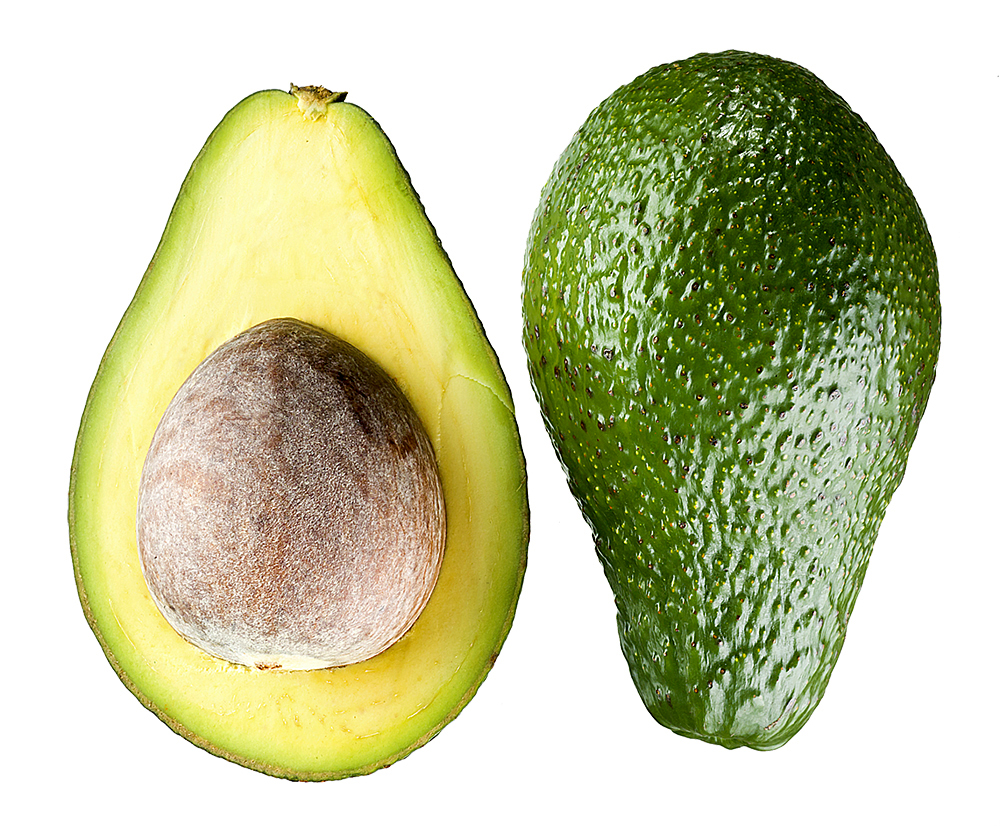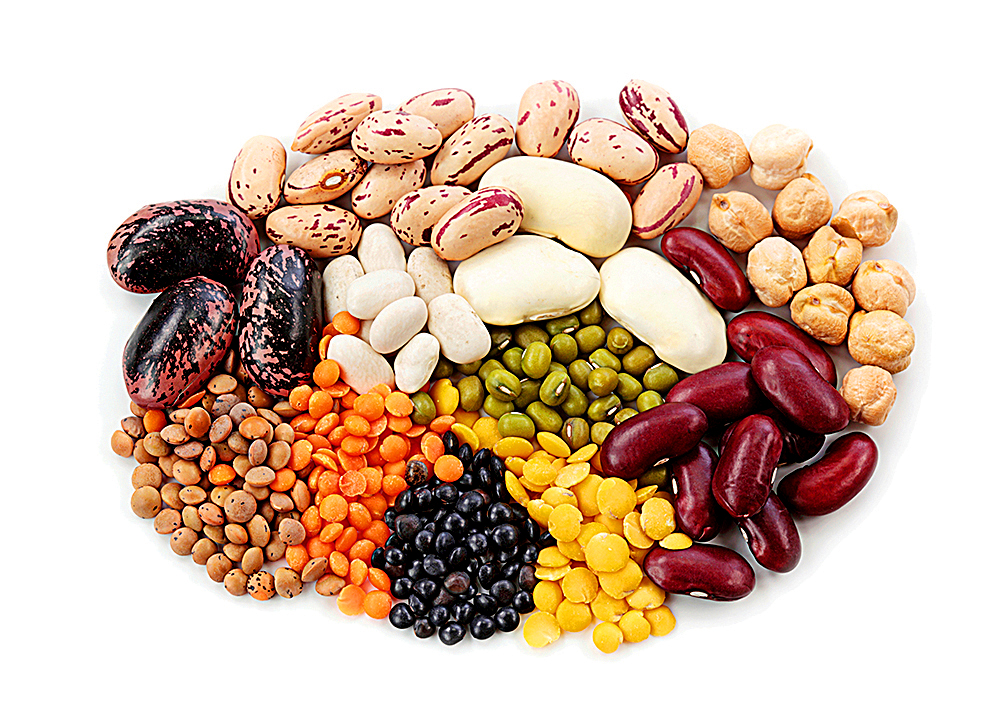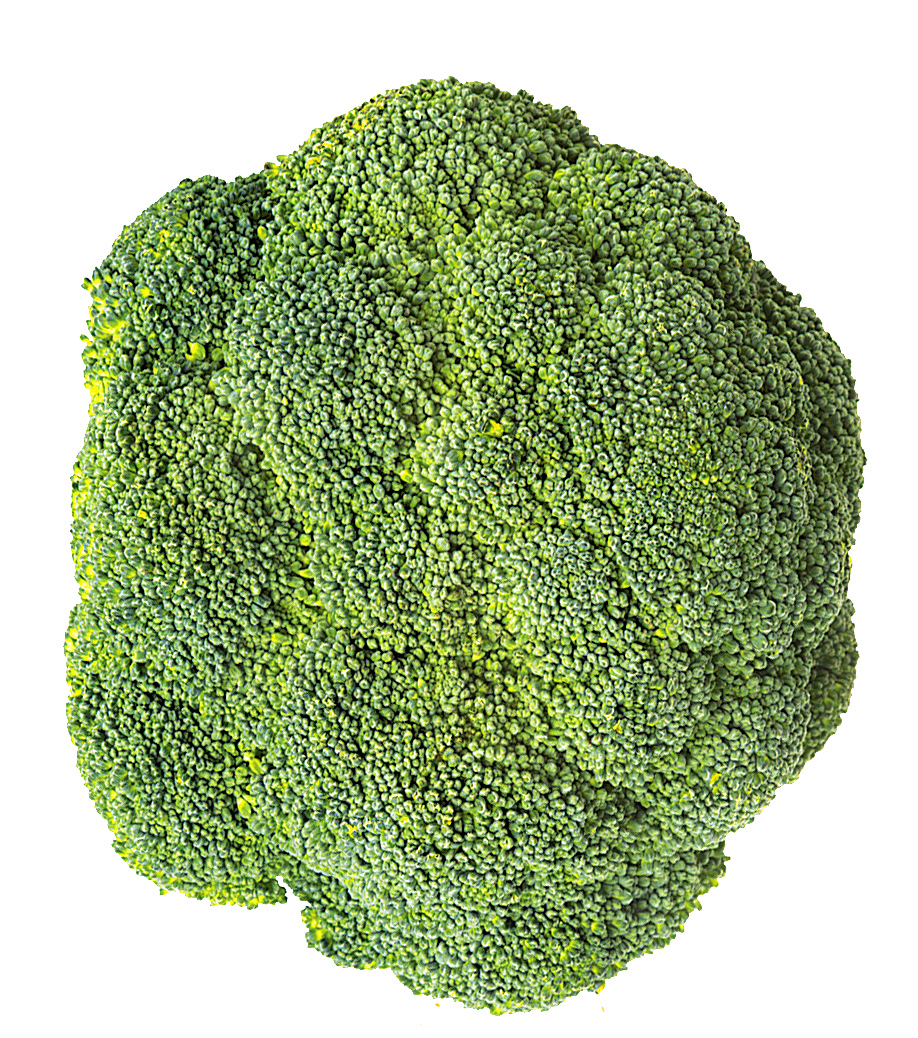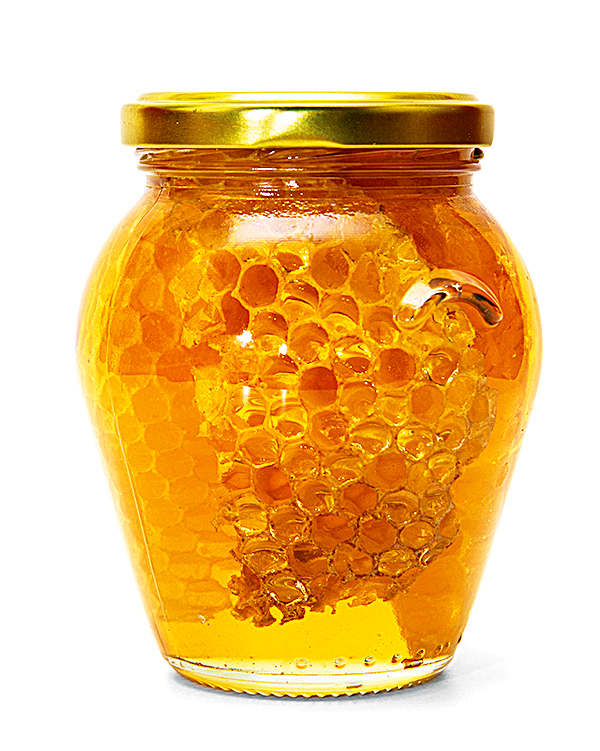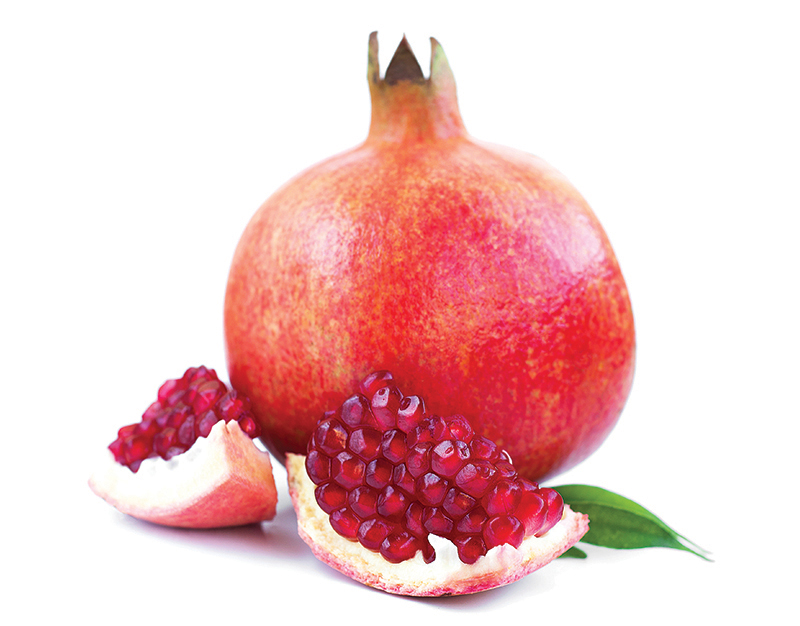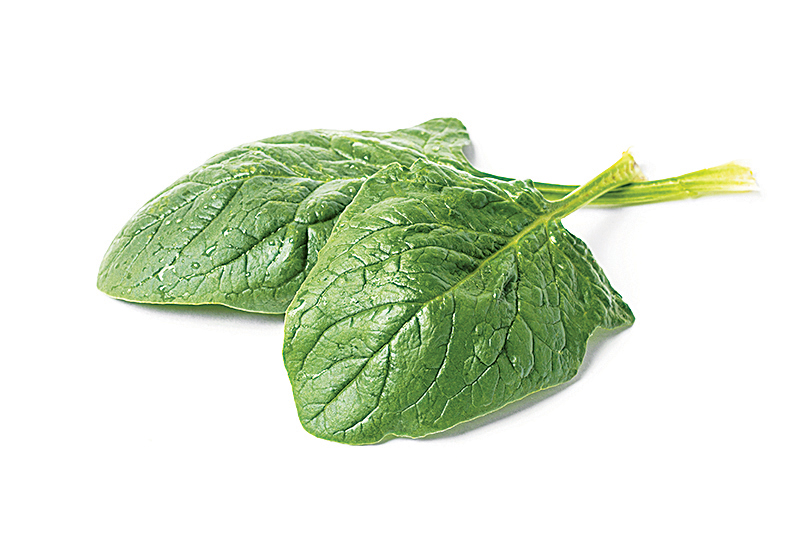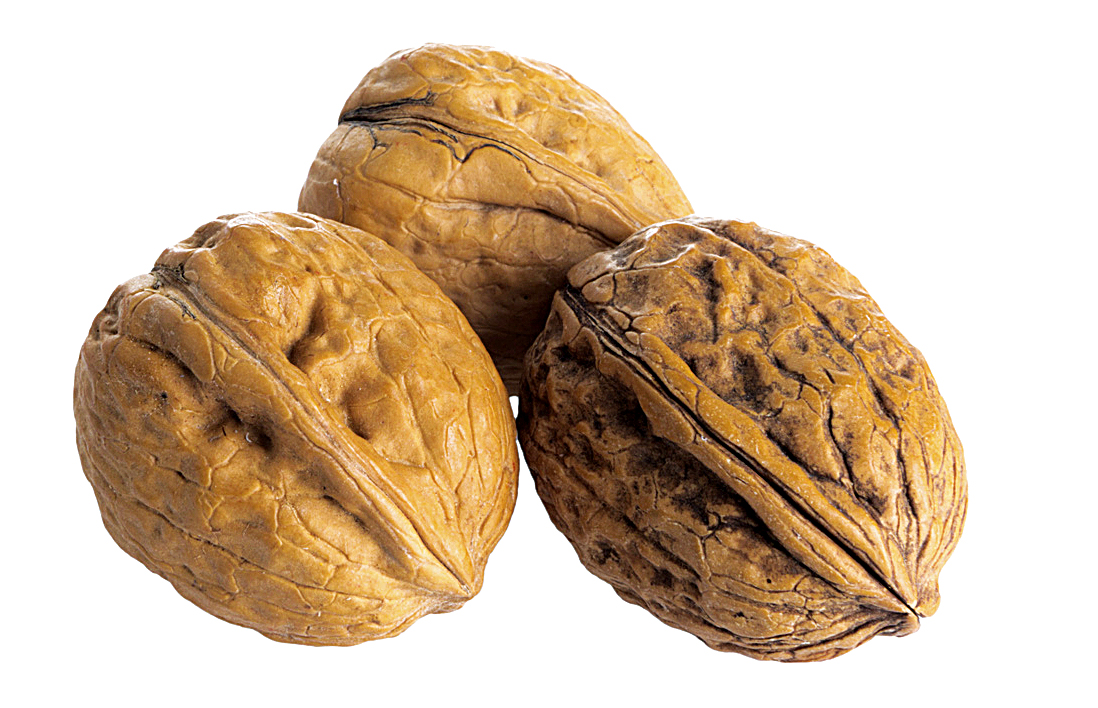Every superhero needs an archnemesis.
Spider-Man has Green Goblin. Batman has The Joker. Blueberries have cancer. Kiwis have blood clots.
Plenty of foods fight hunger, but a select few fight a whole lot more. These so-called "superfoods" are typically nutrient-dense and calorie-light with links to health claims that range from preventing heart disease to improving the skin's ability to resist ultraviolet radiation.
"We live in a country with crazed misinformation and extreme emphasis placed on weight loss rather than on health benefits," says Pam Kelle, a local registered dietitian. "I almost always encourage my clients to include these foods to both improve health and increase energy, but to also offset genetic risks they face such as a family history of cancer or heart disease."
The term "superfood" was coined by California-based nutritionist and ophthalmologist Dr. Steven Pratt in his 2004 book "SuperFoods Rx: Fourteen Foods That Will Change Your Life."
"While most of us are well aware that food choices are important to health, very few people realize that foods can actually promote health," Dr. Hubert Greenway, a dermatologist at the Scripps Clinic in San Diego, writes in the book's foreword.
"This is good news to us all," he adds, "because it means that instead of worrying about what foods we should avoid, it introduces an era when we can, at last, embrace foods -- particularly SuperFoods -- as allies in our quest to live long, healthy lives."
Pratt's book detailed the health benefits of foods such as pumpkins, tea and turkey. In the last decade, however, the ranks of superfoods have swollen to include dozens more, from acai berries to yogurt.
One of the latest staples to earn its cape and mask is kale, a cousin of cabbage that is packed with antioxidants such as vitamin C and beta-carotene. Claims of kale's healing powers range from promoting urinary health and preventing colon cancer to prolonging the youthful elasticity of skin, according to HealWithFood.org.
Although the term "superfood" is largely employed by the media rather than the nutritional community, Kelle says the findings of clinical studies have reinforced the health claims of many superfoods. Blueberries, for example, have been linked to a reduction in the occurrence of certain types of cancer as well as acting as an anti-inflammatory, she says.
Mary Anderson, a registered dietitian within the Memorial Health Care System, says olive oil is another staple that's well-deserving of its super status. In the right form -- extra-virgin and cold-pressed -- olive oil is packed with healthy antioxidants as well as cholesterol-balancing monounsaturated fats. It also can be used to treat ulcers and gastritis, she says.
But like their comic-book counterparts, Anderson cautions, superfoods work best as part of a team.
"We have a lot of foods that have a great health benefit to them, and it's just a matter of how we incorporate them into our diets," she says. "Even though they have all these properties that can help with a healthy lifestyle, [superfoods] have to be incorporated into a well-balanced meal plan."
Here are examples of some superfoods and details about why they're so, well, super.
Apples
• What makes it super: As it turns out, the idiom that apples are nature's doctor deterrents might not be too far off. Apples are low in calories and rich in antioxidants such as polyphenols and flavonoids as well as vitamin C, fiber and potassium.
• Claimed health benefits: Reduced risk of heart disease, improved lung function and prevention of lung cancer and type II diabetes.
• Calories: 72 per medium-size fruit (2-3/4 inches in diameter)
Avocado
• What makes it super: Avocadoes are high in fiber and one of the densest sources of folate, potassium, vitamin E and magnesium. They also are rich in heart-healthy monounsaturated fats.
• Claimed health benefits: Improved cholesterol and bone health, and prevention of cancer, type II diabetes and circulatory and cardiovascular diseases.
• Calories: 218 per fruit (black-skinned) or 486 per fruit (green-skinned)
Beans
• What makes it super: Beans are considered to be a healthier source of protein than meats, which also tend to be high in saturated fats. Beans also are rich in fiber, B vitamins, iron, folate, potassium, magnesium and phytonutrients.
• Claimed health benefits: Improved cholesterol and blood sugar levels and reduced risk of heart disease, hypertension and coronary artery disease
• Calories: 199 per cup (pinto beans, canned)
Blueberries
• What makes it super: Although low in vitamin C compared to other fruits, blueberries are packed with enough phytonutrients to provide similar antioxidative benefits while also improving other aspects of overall health.
• Claimed health benefits: Slowing of some degenerative neurological diseases, such as dementia and Alzheimer's, and prevention of some types of cancer.
• Calories: 84 per cup
Broccoli
• What makes it super: Broccoli can lay claim to being one of the most nutrient-dense foods around, with high levels of calcium, folate, soluble and insoluble fiber, vitamins A, C and K, beta-carotene and other antioxidants.
• Claimed health benefits: Prevention of certain birth defects, cancer, diabetes and cardiovascular disease, reduced blood pressure, improved bone health and lowered risk of cataracts.
• Calories: 30 per cup (raw)
Dark chocolate
• What makes it super: When eaten in moderation -- about 100 calories a day -- dark chocolate is packed with flavonols, a potent antioxidant. A mug of hot chocolate made with natural dark cocoa contains about twice the antioxidants of a glass of red wine, according to a Cornell University study.
• Claimed health benefits: Lowered blood pressure, increased blood flow, improved heart health and increased levels of good (high-density lipoprotein) cholesterol.
• Calories: 216 per 1.5-ounce bar (Hershey Special Dark)
Garlic
• What makes it super: In addition to being a zero-calorie spice, garlic has an abundance of beneficial sulfur-containing compounds, as well as nutrients such as potassium, zinc, polyphenols and vitamins B6 and C.
• Claimed health benefits: Antibacterial qualities, lowered blood pressure, prevention of blood clots, heart attack and stroke and improved cholesterol levels.
• Calories: 4 per clove (raw, uncooked)
Honey
• What makes it super: Although its health benefits will vary depending on the floral source from which it is derived, honey has powerful antioxidant qualities. A good rule of thumb is that the darker the honey, the greater its antioxidant capabilities.
• Claimed health benefits: Antiseptic and antiviral qualities, reduced levels of intestinal toxins, prevention of constipation and improved blood sugar, blood pressure, colon health and cholesterol levels.
• Calories: 64 per tablespoon
Kiwi
• What makes it super: Kiwis are a low-calorie source of many nutrients, including B and C vitamins, folate, potassium, fiber and cartenoids. They also contain high levels of vitamin E, which is normally found in sources that are calorically dense and fat-rich.
• Claimed health benefits: Improved heart health, natural laxative, prevention of blood clots, decreased risk of cataracts and macular degeneration.
• Calories: 46 per fruit
Oranges
• What makes it super: Oranges are well-known for being a rich source of vitamin C, but they also contain hesperidin, a flavonoid that is both an antioxidant and an antimutagenic, meaning it prevents cell mutations that occur in cancer.
• Claimed health benefits: Reduced risk of cancer and strokes, anti-allergenic and anti-inflammatory qualities, strengthened capillaries and improved cardiovascular health and cholesterol levels.
• Calories: 62 per medium-size fruit (less than 3 inches in diameter)
Pomegranates
• What makes it super: Pomegranates are rich in several nutrients, including potassium, vitamin C, polyphenols and vitamin B6. Studies have shown that pomegranate juice has up to three times the antioxidant levels found in green tea or red wine.
• Claimed health benefits: Prevention of atherosclerosis (hardened arterial walls), improved cardiovascular health and lowered blood pressure.
• Calories: 128 per fruit (less than 4 inches in diameter)
Salmon
• What makes it super: Wild-caught salmon is packed with fat, but it's the good, essential kind -- polyunsaturated omega-3 -- that has links to a wealth of health benefits. In addition, salmon are a good source of B vitamins, vitamin D, selenium, potassium and protein.
• Claimed health benefits: Improved cardiovascular and mental health, prevention of breast and colon cancers and age-related macular degeneration, and mitigation of certain autoimmune diseases.
• Calories: 403 per filet (9 ounces, baked or broiled, without fat)
Soy
• What makes it super: Besides soy's culinary flexibility, it is an inexpensive staple packed with nutrients, including plant-based protein and omega-3 fatty acids, iron, essential amino acids, fiber and phytonutrients that help prevent diseases. It can also be used as a source of protein and calcium for those with lactose intolerance.
• Claimed health benefits: Prevention of cardiovascular disease, cancer and osteoporosis, lowered risk of stroke, improved cholesterol levels and relief from menopausal and menstrual symptoms.
• Calories: 310 per cup (beans, cooked from dry, no salt or fat added)
Spinach
• What makes it super: Popeye might have been on to something. Compared calorie for calorie with other staples, spinach -- and other green, leafy vegetables -- is a nutritional powerhouse with notoriously high levels of iron as well as carotenoids, antioxidants, vitamin K, B vitamins, polyphenols and even plant-derived omega-3 fatty acids.
• Claimed health benefits: Prolonged mental health and prevention of many types of cancer, cardiovascular diseases, cataracts and age-related macular degeneration.
• Calories: 7 per cup (chopped)
Tomatoes
• What makes it super: The tomato's bright red skin is due to the presence of lycopene, a carotenoid with powerful antioxidant qualities on par with beta-carotene (which makes carrots and sweet potatoes orange). Studies have linked lycopene consumption to everything from cancer prevention to skin health, and tomatoes are among the richest sources of it in the culinary world.
• Claimed health benefits: Improved sun protection factor in the skin, cancer prevention -- especially lung, stomach and prostate cancers -- and reduced risk of heart attacks.
• Calories: 22 per medium-size fruit (raw, 2-3/5 inches in diameter)
Walnuts
• What makes it super: Like all nuts, walnuts are high in calories, but they also are high in antioxidants and a good source of plant-based omega-3 fatty acids, fiber, protein, magnesium, copper, folate and vitamin E. Eating a handful of walnuts five times a week has been linked to reducing the risk of heart attacks by as much 50 percent.
• Claimed health benefits: Prevention of diabetes and cancer and reduced risk of coronary heart disease and Alzheimer's disease.
• Calories: 185 per ounce (about 14 halves)
Source: U.S. Department of Agriculture Food-A-Pedia, SuperFoodsRX.com
Contact Casey Phillips at cphillips@timesfreepress.com or 423-757-6205. Follow him on Twitter at @PhillipsCTFP.


